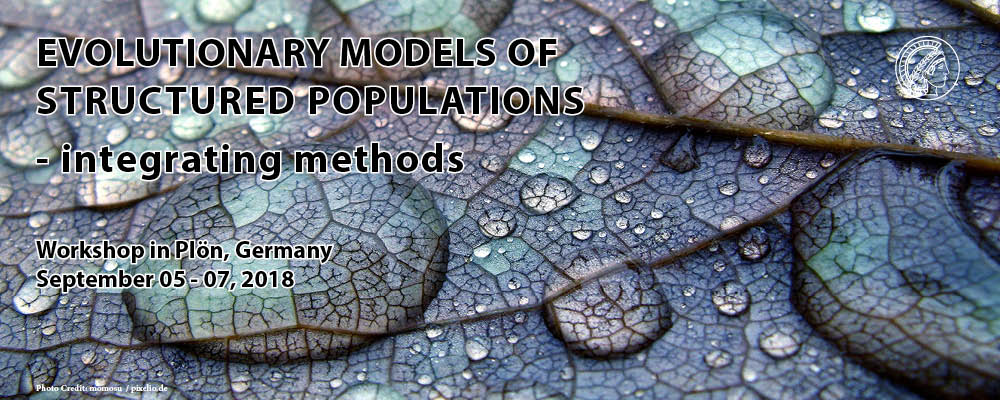Speaker
Description
The majority of species is characterised by a complex life cycle, in which individuals grow substantially during life or pass through several distinct life history stages and occupy different ecological niches during their life. In turn, these characteristics of the individual life history shape the ecological context in which evolution takes place through the impact of the population on its environment. To gain understanding about this interplay between the ecology and evolution of complex life cycles, it is hence necessary to take into account how the individual life history influences population and community dynamics and in turn how the population and community setting influences selection and adaptation of this life history.
Physiologically structured population models (PSPMs) is a class of models that consistently translates the individual life history to the population level, including the nonlinear interactions that individuals are exposed to. In recent years a general methodology has been developed for equilibrium and evolutionary analysis of PSPMs. The evolution of life history traits in PSPMs is carried out using the framework of Adaptive Dynamics by evaluating whether mutant types can invade a resident population under the ecological conditions that are determined by this resident. I will give a brief introduction to the general methodology and illustrate how it allows for evolutionary analysis starting from the key ingredients of an individual’s life history: its development, reproduction and mortality and its interactions, both intra- and interspecific, with its environment. I will subsequently use the PSPM methodology to study the evolution of metamorphosis using a fully size-structured population model in conjunction with the adaptive-dynamics approach. Even though almost all animal species undergo metamorphosis and empirical data show that this life-history strategy evolved only a few times, it is unclear why metamorphosis is so widespread and which factors played significant roles in its evolution. I will show that metamorphosis is not easy to evolve, but, once evolved, it is an evolutionary trap.

